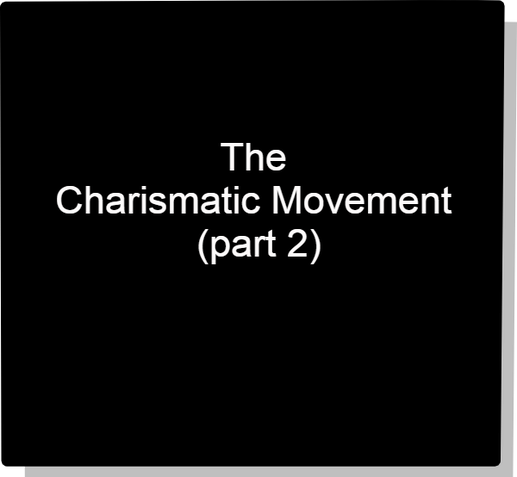One of the most common questions I get deals with depression, so hopefully this can help someone!
Depression is very real, and anyone can experience it to different degrees. It is not always justified and could possibly even be a sin against God… but we must be careful not to judge unrighteously. Those of us who don’t understand it may be tempted to react according to how we feel about the situation and fail to consider the person who is depressed.
Here are a few basic thoughts to consider if you are dealing with someone you think is depressed:
- Many depressed people are already to the point of giving up and they don’t really care anymore, so you probably can’t “shame” them into doing right.
- Substances and mental illnesses can increase the severity of this condition.
- Whereas we don’t want to enable a person to live in this state, there are times when we might be able to patiently help someone get through these times… and there are times when we can’t.
Here are a few basic thoughts to consider when you are the one who is depressed:
- You might not even realize you are depressed!
- Ultimately, it is within your power to deal with it or let it go on.
- Dealing with it will likely involve listening to people who care about you (and even if you don’t have anyone you think cares about you, God does!).
- At some point your depression will become a sin.
But my thoughts aren’t nearly as important as “What does the Bible say?” So here are a few examples of depression in the Bible:
1. Depression caused by grief (or “Sorrow of heart”)
Example: David (2 Samuel 12:15-24)
In this case, David had brought the situation on himself as a result of his sins... and he knew it. Still, the situation he was going through caused him much grief that he couldn't bear. His son was very sick and was about to die. Often, when someone is going through depression they will show the same signs David did, which are these:
- Not eating
- Unusually quiet
- Lying around inside
How did others respond? Well, those who loved him and cared about him tried to feed him. They tried to talk with him. They tried to get him out of bed... Ultimately, he refused these things, and nobody knew how to help him.
How did God deal with him? It certainly was no surprise to God that David was grieving. After all, God was the one who brought these circumstances, and He had a reason for them. So, He continued on with the lesson He was teaching David because it was best for everyone. Though it may be difficult, we need to trust that God knows what is best for everyone, and He will get us through difficult times if we will trust Him.
Example: Nehemiah (Nehemiah 2:1-4)
Nehemiah is another character who showed signs of depression. In this story, Nehemiah is depressed about something righteous--God's city is destroyed and without walls and it is vexing Nehemiah's soul. The main sign in this example was that he had a sad countenance in front of the king who knew this was abnormal behavior.
We can learn something here from the actions of the king who cared about Nehemiah. He simply asked him what was wrong.
Then, since it was in his power to do so, he gave Nehemiah what he wanted and allowed him to help rebuild the walls. Obviously, we can't always give people what they want (nor should we), but sometimes it is the right thing to do.
In this case, God miraculously provided for Nehemiah. He blessed him in the end! He protected him even though he would go on to endure very trying times as a result of this endeavor to build the wall for the Lord and His people.
2. Depression caused by exhaustion
Example: Elijah (1 Kings 19:1-8)
Here is another example where a godly man was doing all he could for the Lord and just got to a point where he couldn't go any further. He had seen that God was with him and was blessing Him, but that was slowly hidden in the background of the new trouble he had gained. He was now on the run from those who sought to kill him, and physically he couldn’t go on. It was so bad that he actually asked God to take his life, and then he went to sleep…
Elijah was all alone, apparently, and though there was no one around to help comfort and encourage him, God stepped in to comfort him. God allowed Elijah to sleep awhile, then He sent an angel to feed him, and then God allowed him to sleep some more!
Honestly, that is sometimes all a person needs when they are depressed. Let them get some good food and some good rest, and then they can get back out there and do the work some more! He seems to have awakened with a renewed strength to push on, and God led him to his next challenge (This type of depression should pass fairly quickly for a man or woman of God!)
3. Depression caused by anger at God
Example: Jonah (Jonah 4)
In this example, Jonah doesn't like the way God worked in his life and he literally acts like a spoiled brat! He huffs and puffs and shows his disapproval. He is upset that God would show mercy on a people that he hated... and so he went into a bout of selfish depression.
It appears that no one else was around to see this behavior, but God certainly did! God Rebuked him (rather mercifully, really) and asked him a question that any person going through this type of depression needs to be asked...
"Then said the LORD, Doest thou well to be angry?" Jonah 4:4
There is no evidence that Jonah ever came out of this depression. Perhaps he did (I hope so), but by experience I can say that few seldom do! There is little you can do to help a person like this, so you are best off to leave them alone and focus your attention on better things.




 RSS Feed
RSS Feed

